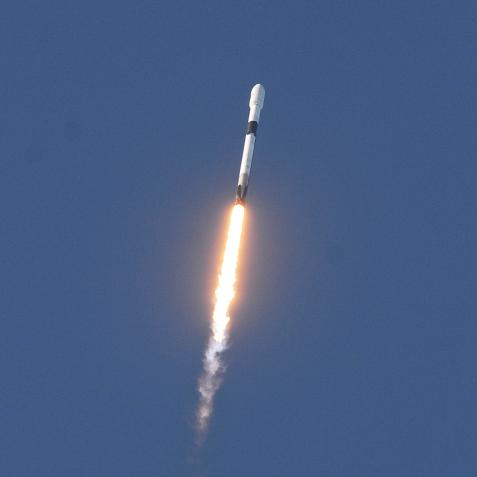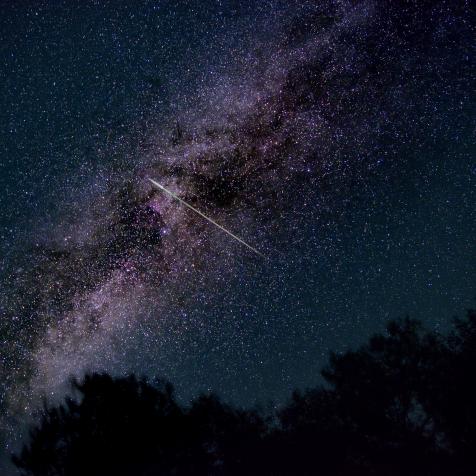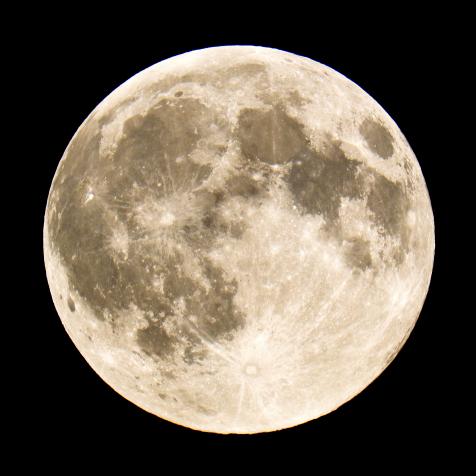
Credit: NASA
NASA Launches CAPSTONE to Test Experimental Orbit Around the Moon
In preparation for future missions, NASA is testing a never-been-flown-before orbit around the Moon in search of the most efficient deep space route for space travel.
NASA has successfully launched CAPSTONE, a small microwave-sized spacecraft, aboard a Rocket Lab Electron rocket from Launch Complex 1 in Mahia, New Zealand. CAPSTONE is embarking on a four-month journey to our Moon. CAPSTONE is planned to spend around six months testing an unusual orbital path around the Moon.
"CAPSTONE is an example of how working with commercial partners is key for NASA's ambitious plans to explore the Moon and beyond," said Jim Reuter, associate administrator for the Space Technology Mission Directorate. "We're thrilled with a successful start to the mission and looking forward to what CAPSTONE will do once it arrives at the Moon."
What is CAPSTONE?
CAPSTONE is a compact cube satellite weighing about 55 pounds. It will test a unique elliptical lunar orbit as part of a Cislunar Autonomous Positioning System Technology Operations and Navigation Experiment (CAPSTONE).
CAPSTONE'S Mission
CAPSTONE will help future missions to space by testing a new route plus navigation technology that requires less communication support from Earth. These changes could open up opportunities for small and more affordable space and exploration missions to the Moon, Mars, and beyond.
The mission will also gather essential data for Gateway, the planned lunar outpost of NASA’s Artemis program, which will support human life while orbiting the Moon.





















